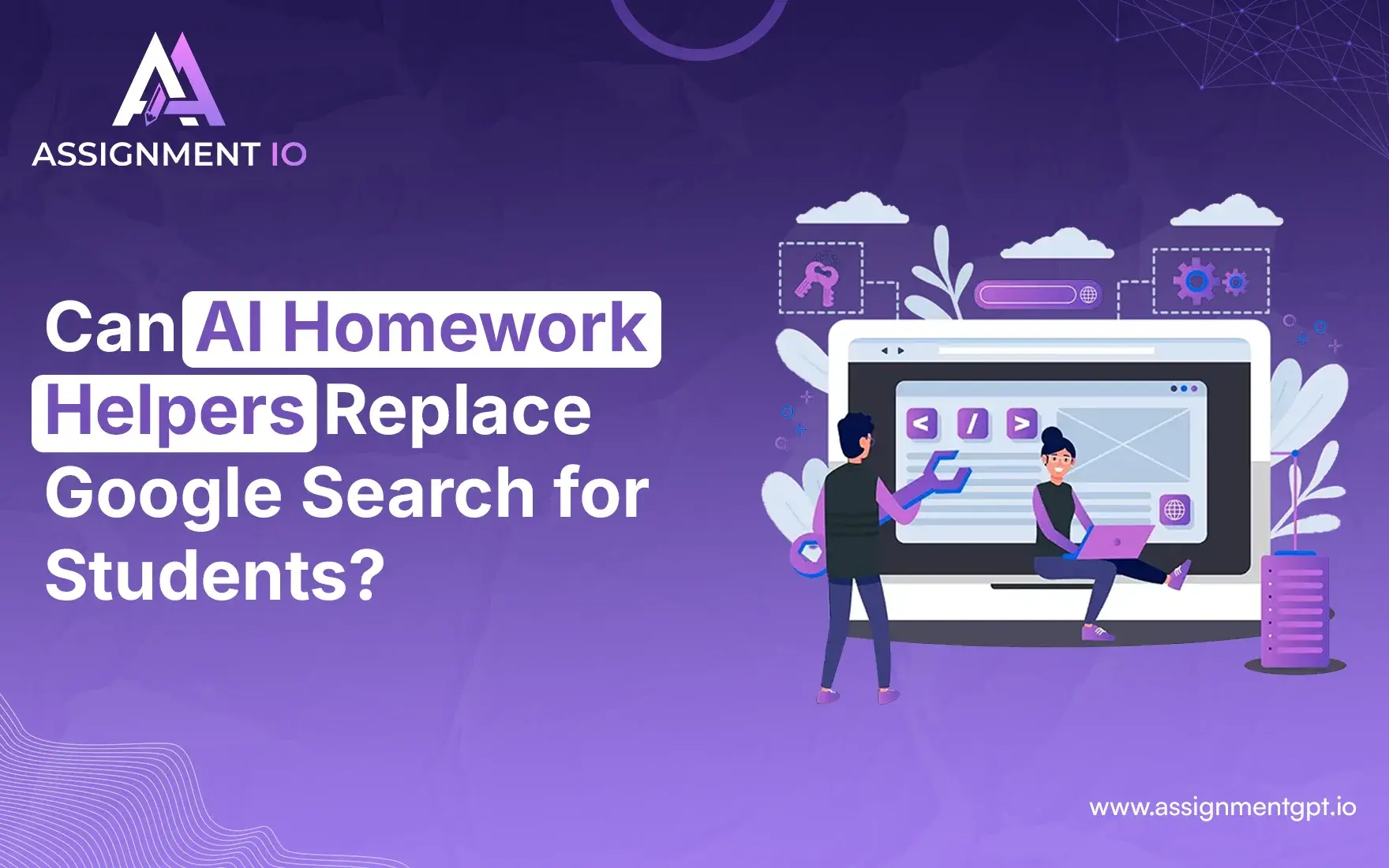Can AI Homework Helpers Replace Google Search for Students?

Vikas Kukadiya
As artificial intelligence homework helpers emerge as formidable alternatives to traditional research methods, the education landscape faces a fundamental question: can these AI-powered study tools replace Google Search as students' primary resource for academic support? With digital natives increasingly embracing conversational AI interfaces over traditional search results pages, this shift represents more than technological adoption it signals a fundamental change in how students approach learning and problem-solving.
Background & Definition
1. The Rise of AI Homework Helpers in Modern Education
AI homework helpers have rapidly evolved from experimental tools into mainstream educational platforms. These systems leverage machine learning algorithms and natural language processing to deliver instantaneous, personalized academic support across unlimited subjects. Unlike traditional search engines that provide lists of potentially relevant websites, AI tutors offer direct conversational answers that resemble having an informed study companion.
The direct, interactive nature of AI homework assistance provides engagement and immersion that can be more impactful than consuming search results pages, readily satisfying students' need for immediate gratification.
2. Google Search: The Traditional Powerhouse
For over 20 years, Google Search has served as students' primary source of academic information. Its comprehensive index of webpages, research articles, and educational resources made it synonymous with homework help and learning. Google's strength lies in its ability to index human knowledge and connect users with authoritative sources.
Before search engines, students developed substantial information literacy skills through research processes learning to craft search queries, evaluate sources, synthesize information from multiple perspectives, and build transferable research skills valuable beyond academics.
Research Methodology & Comparative Analysis
Speed and Efficiency Analysis
AI Homework Helpers: Provide immediate, step-by-step solutions to math problems, explanations for scientific concepts, and writing suggestions within seconds ideal for resolving specific issues during homework sessions.
Google Search: Equally instantaneous but requires additional layers of action scrolling through results, selecting credible sources, filtering and synthesizing information from multiple resources. While educational, this often extends the time needed for initial information gathering.
Personalization and Learning Adaptation
AI Tutoring Platforms: Demonstrate powerful personalization capabilities, adapting to individual learning abilities, preferences, pace, and knowledge gaps. These systems detect student problems and provide tailored explanations, practice problems, and learning resources through natural conversational interfaces.
Google Search: Provides personalized results based on search history but lacks pedagogical intelligence to understand learning objectives or adapt explanation levels to student comprehension. Results remain static, requiring students to independently locate appropriate difficulty levels.
Depth and Breadth of Information
AI Systems: Can generate comprehensive responses but face training data limitations. May lack access to recent research, niche academic sources, or specialized databases that Google indexes.
Google Search: Advantages include real-time indexing of new material, access to specialized databases, and links to credible academic sources invaluable for research on current events, recent discoveries, or institutional resources.
Subject-Specific Effectiveness Analysis
1. Mathematics and STEM Subjects
AI homework helpers excel in mathematics through step-by-step solving and instantaneous feedback, pinpointing specific reasoning problems and providing precise corrective feedback. AI tools offer interactive simulations and visualizations often unavailable through traditional search, though Google maintains advantages in accessing current research papers and specialized scientific databases.
Language Arts and Writing
AI provides real-time feedback on grammar, style, and content organization, offering improvement recommendations and iterative feedback for skill development. However, Google Search remains crucial for research-based writing, exposing students to primary sources, diverse perspectives, and credible references essential for academic arguments.
Social Studies and Research Projects
AI assistants offer quick explanations of historical concepts or complex social phenomena. Comprehensive research projects requiring multiple perspectives, primary source analysis, or current event studies still benefit from Google's extensive database and real-time content indexing.
Also read this article : Best Free AI Homework Helper Tools for Students in 2025
Practical Implications for Educational Stakeholders
Integration Rather Than Replacement: A Balanced Approach
The most productive approach involves using these tools complementarily rather than as substitutes. Blended learning approaches combining AI assistance for concept clarification with traditional research methods for comprehensive investigation prove most effective.
Educational institutions increasingly recognize the benefits of teaching students when and how to use both tools appropriately, developing digital literacy programs that help students judge which tools suit specific academic contexts.
Challenges and Limitations
AI Homework Helpers:
- Information accuracy concerns with confidently presented incorrect information
- Risk of academic over-reliance preventing development of problem-solving resilience
- Potential biases in training datasets
- Limited access to proprietary educational sources
- Inability to offer diverse perspectives available through comprehensive web search
Implementation Concerns: Students over-relying on AI may not develop critical thinking skills to identify errors or build the independent thinking that challenging academic work aims to produce.
Forward-Looking Analysis
The Future of Student Research and Learning
Educational search technologies point toward AI and traditional search approaches coexisting in integrated systems. Future AI programs will feature improved fact-checking, enhanced access to current information, and deeper pedagogical intelligence.
The trajectory suggests advanced convergence between AI tutoring platforms and search engines, potentially providing tools combining AI's dialogue capabilities with search engines' indexing and sourcing capabilities.
Implications for Educators and Students
For Educators: Must rethink traditional pedagogical practices and develop new methods for introducing these technologies. Professional development programs help teachers determine appropriate AI usage for curriculum development and student support.
For Students: Need guidance developing metacognitive processes to determine which tools serve specific learning objectives. Distinguishing when to seek quick AI clarification versus conducting careful research represents essential 21st-century literacy.
Digital Literacy Evolution: Must include critical evaluation of AI-generated content, understanding of AI capabilities and limitations, and strategic thinking about tool selection for different academic purposes.
Conclusion
AI homework helpers will not completely replace Google Search but are establishing complementary roles within educational technology landscapes. Each tool offers unique strengths catering to different aspects of student learning and academic development.
Future successful students will develop nuanced judgment about when to use AI assistance for immediate help versus traditional search for in-depth research. Educational institutions bear responsibility for helping students develop this evaluative capacity.
As these technologies continue evolving, the opportunity exists for students to engage in broader, richer, more personalized learning experiences. The challenge lies not in choosing one tool over another, but in teaching effective utilization of both to meet broader educational goals.
The future of student research involves careful blending of AI assistance and traditional search capabilities, creating smarter approaches to inquiry and learning. Students proficient in both tools will be well-positioned for academic success in digital educational environments.
FAQs
1. Can AI homework helpers completely replace Google for student research?
No. While AI tutoring platforms provide instantaneous, personalized explanations, Google Search offers broader source access, currency, and diverse perspectives. Optimal usage combines AI for concept clarification with Google for comprehensive research.
2. Are AI homework helpers more accurate than Google Search results?
Accuracy depends on specific use cases. AI excels at established concepts but can confidently present incorrect information. Google's accuracy varies by source quality but allows students to verify information through multiple sources and independent evaluation.
3. How do AI homework helpers impact student learning outcomes?
When used appropriately, AI can enhance learning through personalized explanations and adaptive experiences. However, over-reliance may prevent critical thinking and research skill development. Optimal outcomes occur when AI supplements rather than replaces traditional learning opportunities.
4. Are AI homework helpers considered cheating in schools?
This depends on institutional policies and usage context. Most schools distinguish between appropriate use (concept clarification, study assistance) and inappropriate use (AI-generated assignment submissions). Students must understand their school's academic integrity policies.
5. Will AI homework helpers make Google Search obsolete for students?
No. Future trends suggest integration rather than displacement. While AI capabilities will expand, Google's access to vast, ever-changing web content remains valuable for research. The future likely holds sophisticated hybrid tools incorporating both AI and traditional search aspects.
Latest Blog's
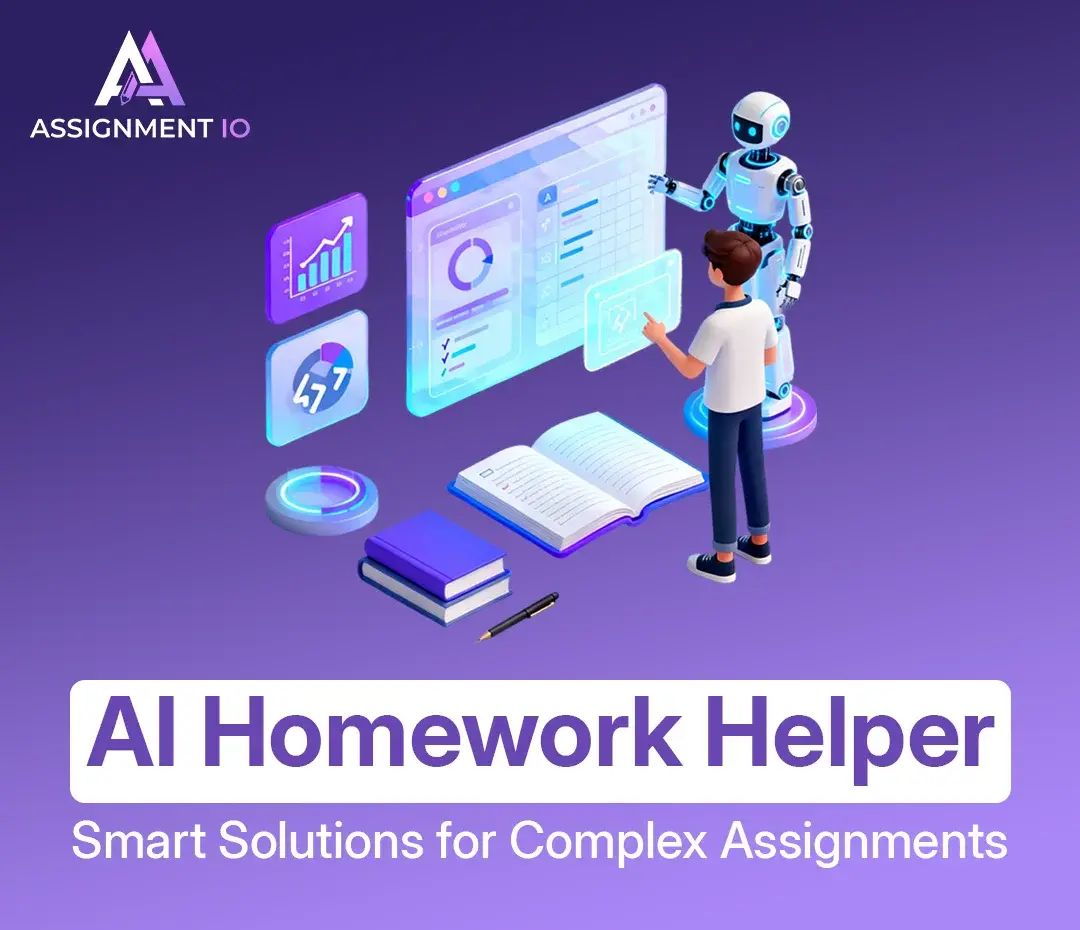
AI Homework Helpers offer fast solutions, personalized learning, and round-the-clock study support for students in every subject.

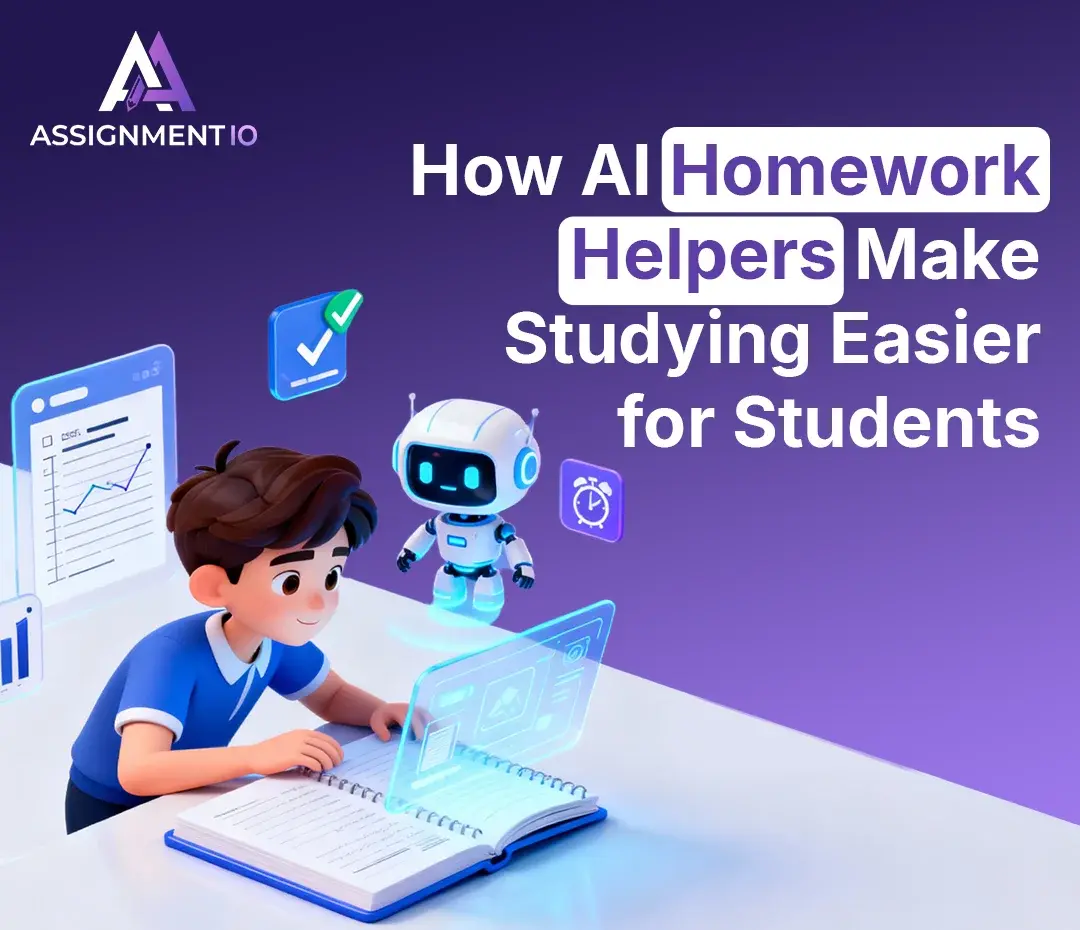
Master exams with superior scores and less study time. Step-by-step tips using ChatGPT, Khanmigo, and Quizlet.

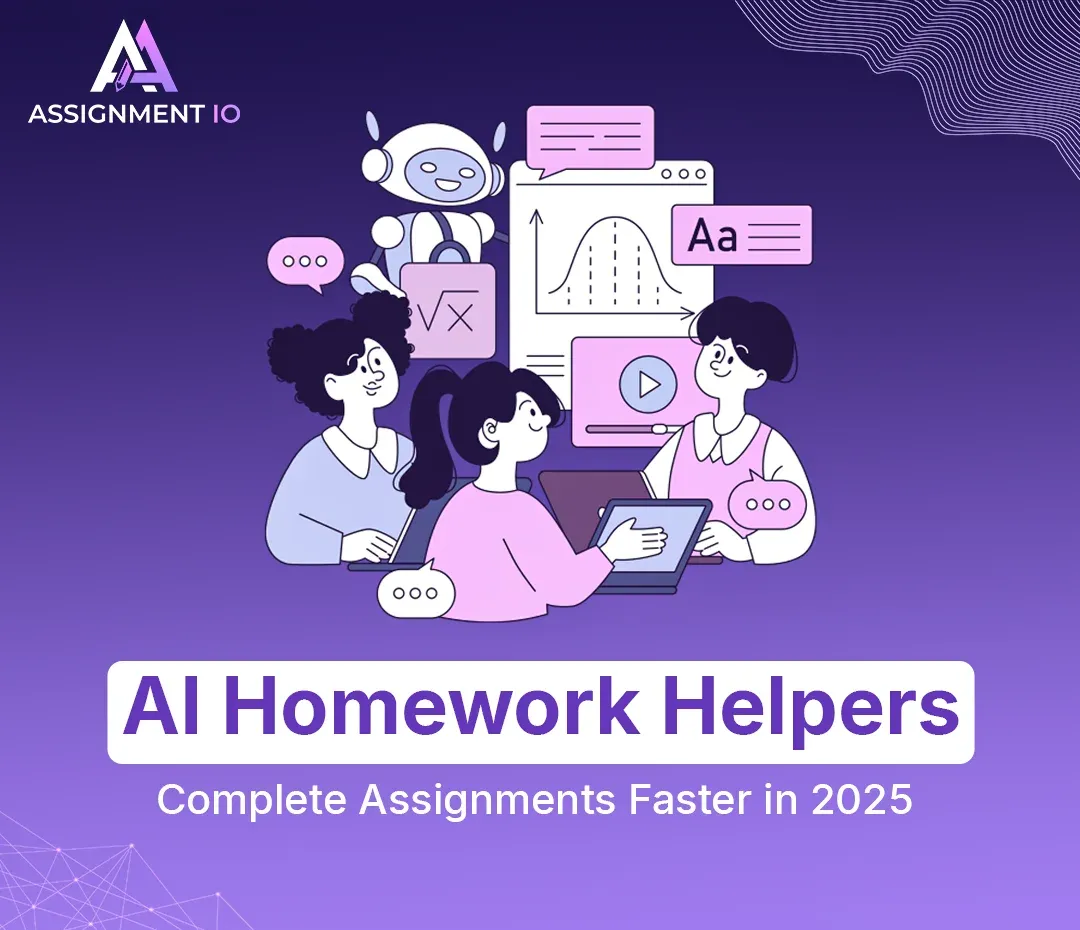
AI homework helpers streamline research, writing, and studying so students learn faster and complete assignments with less stress.

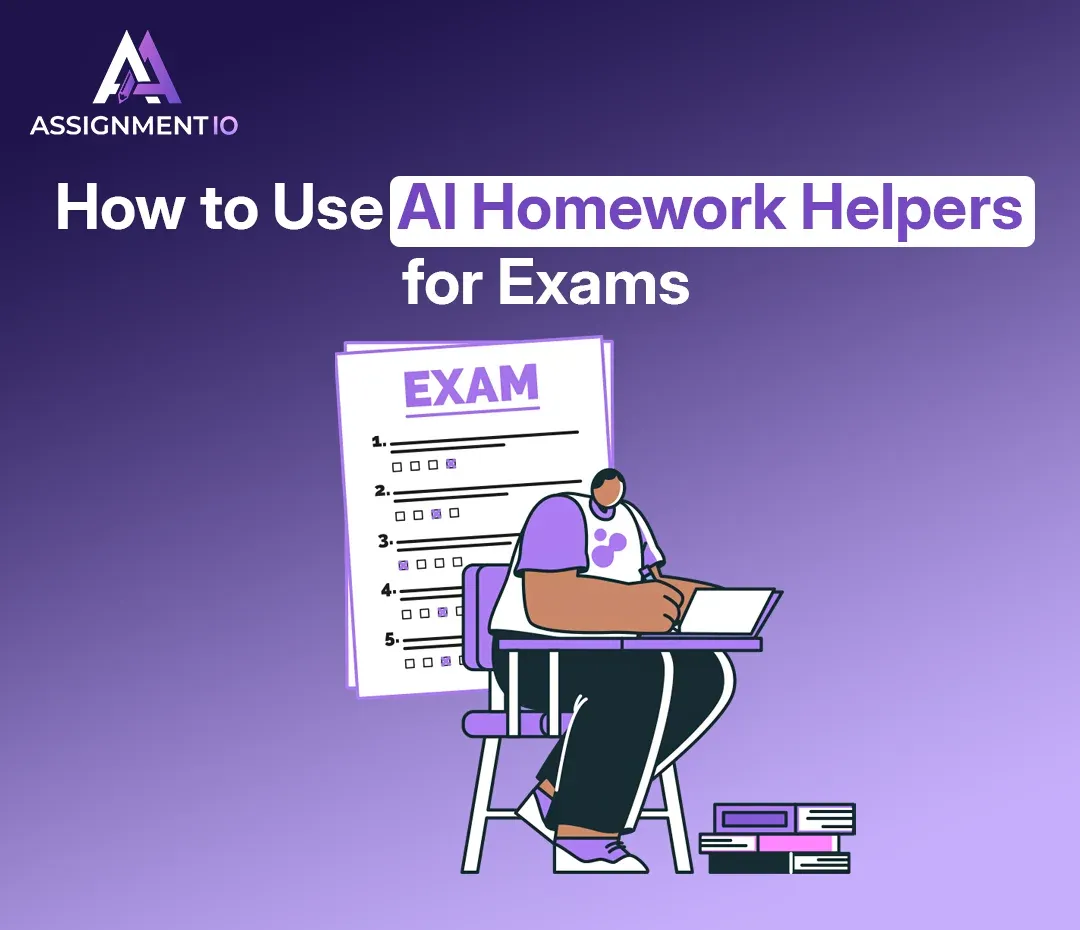
Master exams with superior scores and less study time. Step-by-step tips using ChatGPT, Khanmigo, Quizlet.

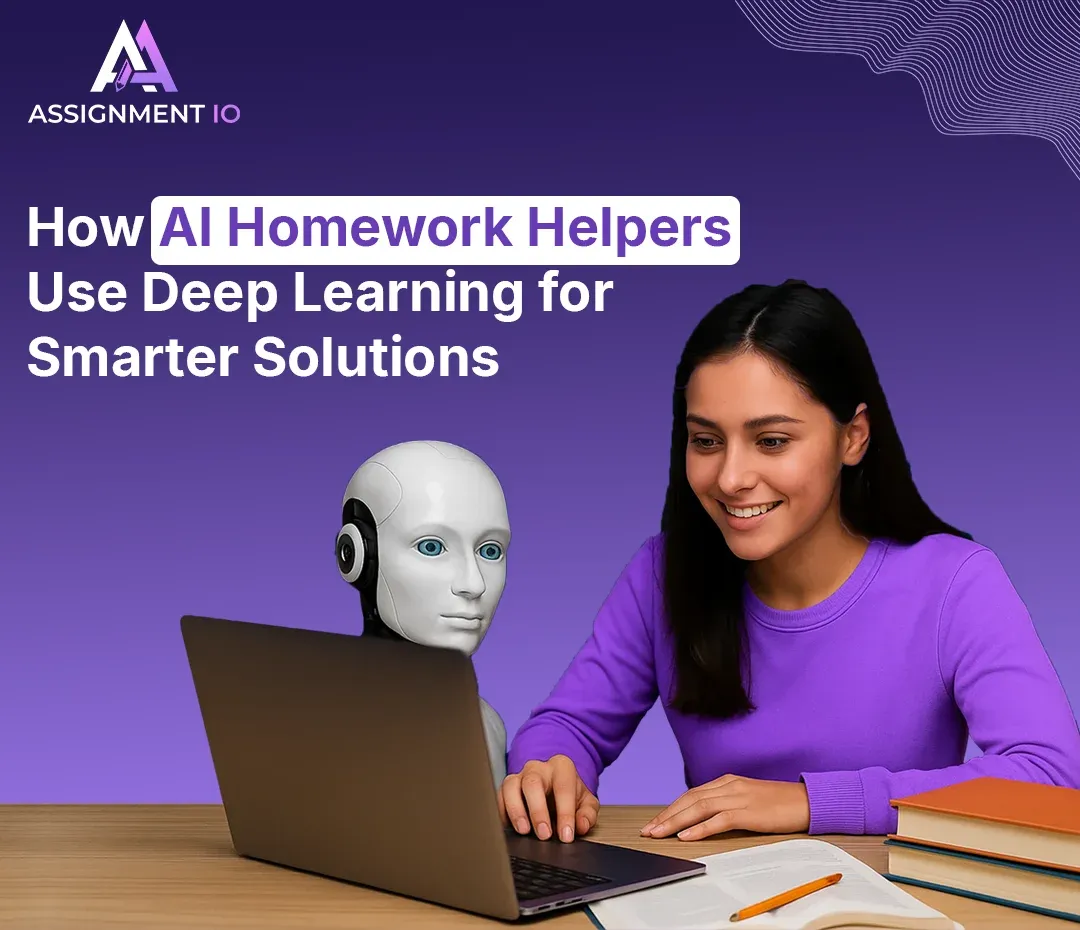
How deep learning makes AI homework helpers smarter, faster, and more personalized for students.

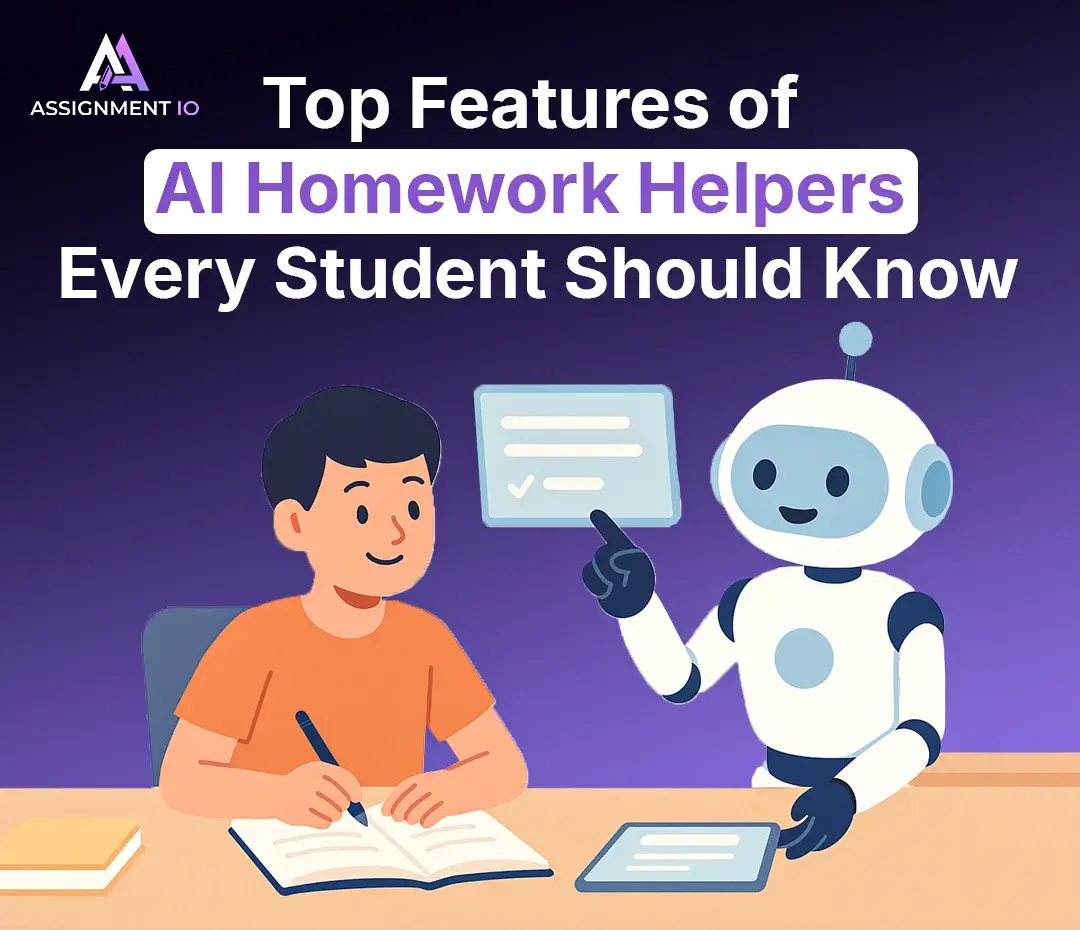
How AI homework helpers save time, boost learning, and provide personalized study support.

